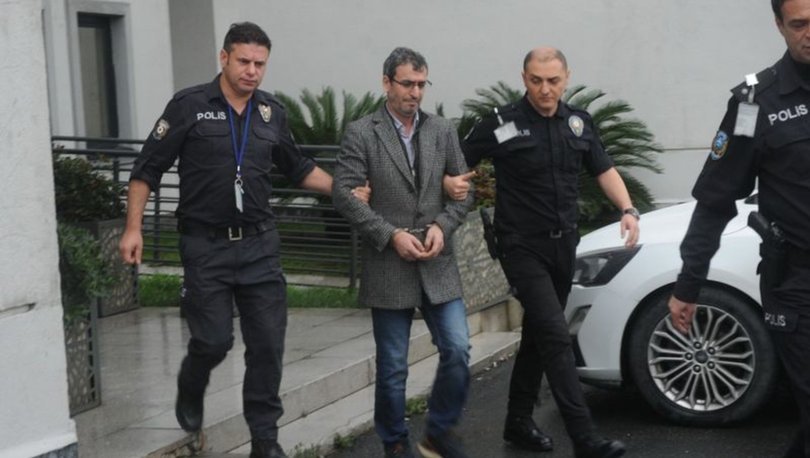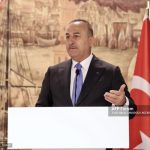Turkish Foreign Minister Mevlüt Çavuşoğlu has said that a man who was previously convicted of membership in the outlawed Kurdistan Workers’ Party (PKK) and recently extradited from Sweden to Turkey wasn’t on the list of political dissidents whose extradition is demanded by the Turkish government, local media reported on Tuesday.
Designated as a terrorist group by Turkey and much of the international community, the PKK has been waging an insurgency against the Turkish state since 1984 that has claimed tens of thousands of lives.
Mahmut Tat was jailed by a Turkish court on Saturday following his arrival in İstanbul on Friday night. Sweden had detained him on Nov. 22 and extradited him on Dec. 2 after keeping him in police custody for 10 days.
Tat, who was sentenced to six years, 10 months in prison in Turkey on charges of membership in the outlawed PKK, in 2015 fled to Sweden, where his asylum request was denied.
“This person wasn’t on our list. The names on the list should also be extradited [to Turkey],” Çavuşoğlu said on Tuesday in a speech, referring to Tat’s extradition.
The Turkish government’s list of political dissidents whose extradition is demanded from Sweden includes some alleged PKK members along with seven people – writer Harun Tokak, journalists Bülent Keneş and Levent Kenez, Yılmaz Aytan, former police chief Murat Çetiner, Orhan Er and Harun Ayvaz – allegedly linked to the faith-based Gülen movement.
The Gülen movement is labeled as the mastermind of the failed coup and a “terrorist organization” by the Turkish government. The group strongly denies involvement in the coup attempt or any terrorist activity.
Meanwhile, hacktivists from Anonymous hacked the Swedish government website (sweden.gov.se) along with the website of the state news agency (tt.se), blocking access to them to protest the extradition of Tat, according to a report by the Mezopotamya news agency on Monday.
Tat’s extradition comes at a time when the Turkish government has launched airstrikes against militant Kurdish groups in northern Syria including the PKK and is considering a ground operation there. As a result, anti-Kurdish sentiment in the country is on the rise.
Turkey has accused Finland and Sweden, in particular, of providing a safe haven for outlawed Kurdish groups it deems “terrorists” as well as some political dissidents, and has refrained from ratifying their NATO bids despite an agreement in Madrid in June.
Source: Turkish Minute



